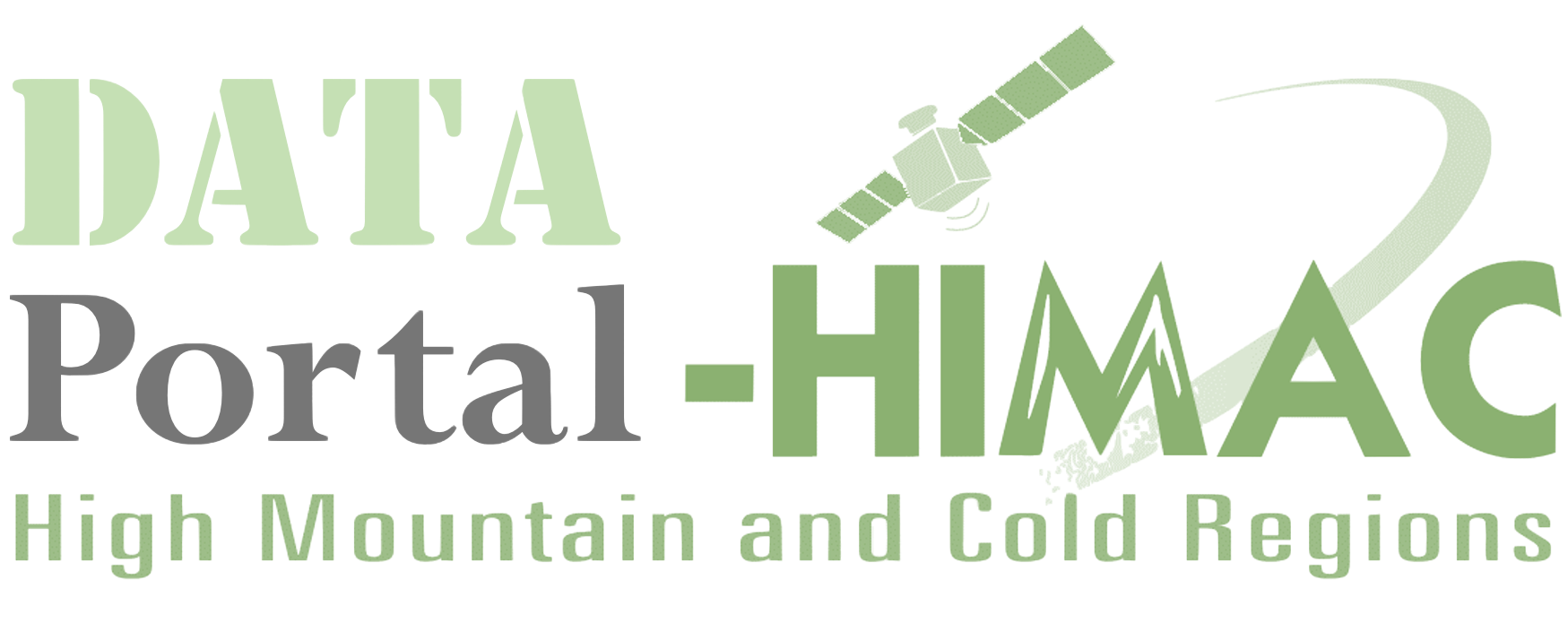Indian National Polar Data Center (NPDC)
Data and Resources
Additional Info
| Field | Value |
|---|---|
| Source | http://npdc.ncaor.gov.in/npdc/homepage.action |
| Last Updated | May 26, 2021, 02:42 (UTC) |
| Created | January 25, 2021, 15:29 (UTC) |
| Country | India |
| Data Management | All data generated during the voyage and/ or from the Antarctic continent under the aegis of Indian Scientific Expeditions accompanied by a full set of metadata that completely documents and describe the data is to be given to ESSO-NCPOR (erstwhile NCAOR)for secured archival in the National Polar Data Centre, on return to mainland. In order to promote the data management within the Antarctic scientific community in accordance to the spirit of the Antarctic Treaty, the metadata (data about data) will be made available through ESSO-NCPOR (erstwhile NCAOR) website without any access restrictions and will be shared on the network established by the SC-DAM – Standing Committee on Antarctic Data Management of the Scientific Committee on Antarctic Research/Council of Managers of National Antarctic Programs (SCAR/COMNAP). However, the data will be treated as intellectual property of the owner / collector with a lock-in period of 2 years from the date marking the end of the expedition season. This gives ample opportunity to the collector for digesting the data, making full use of the information and in translating it to knowledge base. The mandatory lock-in period upon request is extendable to a maximum of five years depending on the nature, volume, sensitivity and reasonability of processing time required. |
| Data Policy | Data Policy in general and that from the polar region is precious in particular. The true value of scientific data is often realized long after it has been collected, and to ensure the lasting legacy it is essential to ensure long-term preservation and sustained access to Antarctic data. Being the member of the Antarctic treaty, the data policy of ESSO-NCPOR (erstwhile NCAOR) is governed by section III.1.c of the Antarctic Treaty 1959 and has been broadly adopted from IPY 2012-13 classic.ipy.org/Subcommittees/final_ipy_data_policy.pdf keeping in view the interests of national and international scientific community. All data generated during the voyage and/ or from the Antarctic continent under the aegis of Indian Scientific Expeditions accompanied by a full set of metadata that completely documents and describe the data is to be given to ESSO-NCPOR (erstwhile NCAOR)for secured archival in the National Polar Data Centre, on return to mainland. In order to promote the data management within the Antarctic scientific community in accordance to the spirit of the Antarctic Treaty, the metadata (data about data) will be made available through ESSO-NCPOR (erstwhile NCAOR) website without any access restrictions and will be shared on the network established by the SC-DAM – Standing Committee on Antarctic Data Management of the Scientific Committee on Antarctic Research/Council of Managers of National Antarctic Programs (SCAR/COMNAP). However, the data will be treated as intellectual property of the owner / collector with a lock-in period of 2 years from the date marking the end of the expedition season. This gives ample opportunity to the collector for digesting the data, making full use of the information and in translating it to knowledge base. The mandatory lock-in period upon request is extendable to a maximum of five years depending on the nature, volume, sensitivity and reasonability of processing time required. Upon the expiry of the mandatory or extended lock-in period, the data will be made available to the scientific community for free and open access with a rider that the name of the owner / collector will be duly acknowledged in any sort of technical report/ publications / short note / scientific and or administrative communiqué. As per the IPY norms, the only exceptions to this policy of full, free, and open access are: Where human subjects are involved, confidentiality must be protected Where local and traditional knowledge is concerned, rights of the knowledge holders shall not be compromised Where data release may cause harm, specific aspects of the data may need to be kept protected (for example, locations of nests of endangered birds or locations of sacred sites |
| Data Sharing Principle | In order to promote the data management within the Antarctic scientific community in accordance to the spirit of the Antarctic Treaty, the metadata (data about data) will be made available through ESSO-NCPOR (erstwhile NCAOR) website without any access restrictions and will be shared on the network established by the SC-DAM – Standing Committee on Antarctic Data Management of the Scientific Committee on Antarctic Research/Council of Managers of National Antarctic Programs (SCAR/COMNAP). However, the data will be treated as intellectual property of the owner / collector with a lock-in period of 2 years from the date marking the end of the expedition season. This gives ample opportunity to the collector for digesting the data, making full use of the information and in translating it to knowledge base. The mandatory lock-in period upon request is extendable to a maximum of five years depending on the nature, volume, sensitivity and reasonability of processing time required. Upon the expiry of the mandatory or extended lock-in period, the data will be made available to the scientific community for free and open access with a rider that the name of the owner / collector will be duly acknowledged in any sort of technical report/ publications / short note / scientific and or administrative communiqué. As per the IPY norms, the only exceptions to this policy of full, free, and open access are: Where human subjects are involved, confidentiality must be protected Where local and traditional knowledge is concerned, rights of the knowledge holders shall not be compromised Where data release may cause harm, specific aspects of the data may need to be kept protected (for example, locations of nests of endangered birds or locations of sacred sites |
